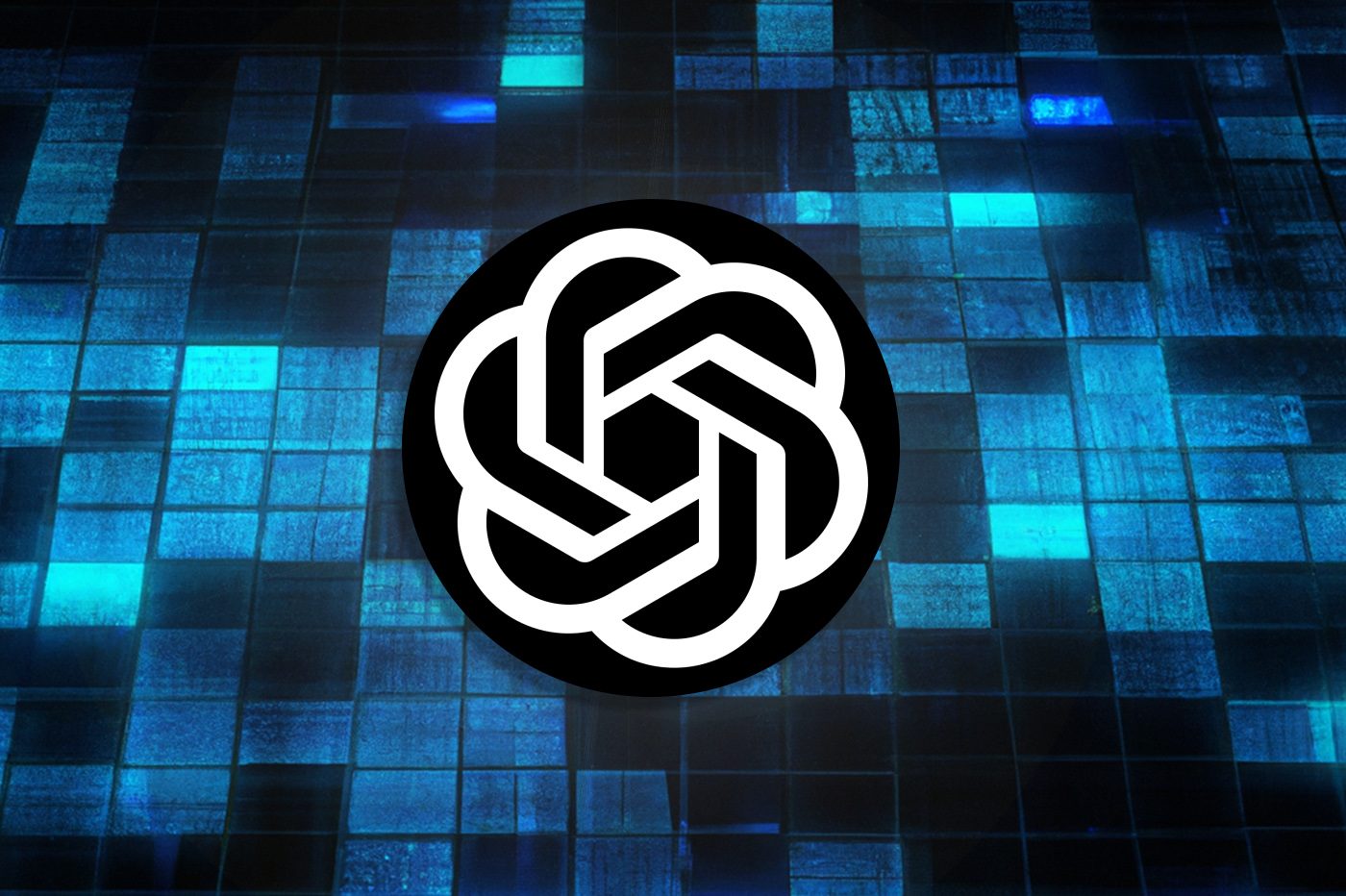Europe would be able to launch its own generative AI like ChatGPT, believes Bruno Le Maire.According to the Minister, a European artificial intelligence could give a boost to the economy of the continent.Unfortunately, it might not be born for years… far too late to hope to compete with American AIs.
This Saturday, July 8, 2023, Bruno the Mayor, the Minister of the Economy, went to the Economic Meetings of Aix-en-Provence.Facing the audience of the economic forum, he prophesied the arrival of a 100% European alternative to ChatGPT.The minister believes that we must first encourage innovation before setting up a regulatory framework around artificial intelligence:
Advertisement
“I therefore plead, before laying the foundations for the regulation of artificial intelligence, for us to innovate, to invest and to set ourselves the objective of having a European OpenAI within five years, with the calculators, scientists and the necessary algorithms.It’s possible “.
Bruno Le Maire’s words echo the promises made by Emmanuel Macron during his visit to VivaTech, the technological innovation fair organized in Paris last June.The president had pleaded for the creation of French artificial intelligences.He felt that innovation was a priority over regulation, which is already well advanced in Europe, with the AI Act.This regulatory initiative, initiated in 2021, aims to enact the main principles that must govern the industry.
Mirroring the Head of State, Bruno Le Maire fears that a lack of innovation will end up submit Europe to China and the United States, well advanced in the race for artificial intelligence.Clearly, he wants to avoid repeating what happened with the rise of the Internet and social networks.While the old continent has focused on regulation, a horde of digital giants, American and Chinese, have monopolized the Internet.Nowadays, most of the services and platforms that structure digital life are developed in the United States, such as Google, Facebook or Apple, or in China, such as TikTok.
Read also: ChatGPT and the other AIs are losing ground, this is a first
A ChatGPT to boost the European economy
For the French minister, the rise of a European ChatGPT is likely to sstimulate the whole economy.According to him, the initiative is able to “making productivity gains in a somewhat sluggish European economy”:
“Generative artificial intelligence will allow us, for the first time in several generations, to regain productivity, to be more efficient”.
Generative artificial intelligence should indeed transform most professions.Faced with the rise of language models, some jobs may even disappear completely, while others will see the light of day, always tempered Sam Altman, CEO of OpenAI, to reassure critics of AI.This inevitable revolution should help revive the economy, marked by the Covid-19 crisis and inflation, suggests the French minister.
Advertisement
To achieve this European ChatGPT, Le Maire points out the need to recruit specialized engineers to develop algorithms and supercomputers.With this in mind, Emmanuel Macron has also released 50 million euros to strengthen the Jean-Zay supercomputer and more than 200 million euros to set up an Exascale supercomputer.It is thanks to computers with significant computing power that the great language models work.
A delay impossible to catch up?
The timing put forward by Bruno Le Maire risks making people cringe.According to him, the European alternative to ChatGPT could well see the light of day in five years.It is a veritable eternity for research on artificial intelligence, which is progressing at breakneck speed.As Dr. Laurent Alexandre, author of several books on AI, points out on Twitter, “Minister doesn’t realize ChatGPT will be an antiquity in 2028”.
The Minister of Economy@BrunoLeMaireproposes that the European Union launch the equivalent of #ChatGPT in 2028
Minister doesn’t realize ChatGPT will be an antiquity in 2028
This goal makes no sense!
— Doctor Laurent Alexandre (@dr_l_alexandre) July 8, 2023
By 2028, the generative AIs already on the market, such as ChatGPT, Google Bard, Claude or Midjourney, will have made giant leaps.In the space of a few months, the linguistic models have moreover already experienced a myriad of innovations.For example, OpenAI unveiled GPT-4, a brand new version of its AI model, which revolutionizes the way the chatbot answers questions.With this update, the chatbot has suddenly become more efficient and smarter.
At the same time, the rise of open source linguistic models, such as Apache or Meta’s LLaMA, has enabled developers to design, in record time, a host of personalized solutions that are less energy-intensive and easier to deploy.It is indeed possible to run an AI model on a local computer, or even on a simple smartphone.All that’s needed now is a mountain of servers to animate the AI.
According to a Google engineer, these open source AIs are progressing rapidly and already offer similar or even superior performance to large language models, the famous LLMs (Large Language Models).According to Sam Altman, the era of huge models, requiring colossal computing power, is already over.
“I think we are at the end of the era of giant models.We will improve them in another way”, Altman said last April at an event at the Massachusetts Institute of Technology (MIT).
Under these conditions, GPT-4 could be the last version of the model to rely on a strategy requiring ever more power and servers.As Altman explained, a change of approach is needed.Indeed, there are limits to the number of data centers the start-up, even armed with the considerable resources of its partner Microsoft, can build.It is therefore necessary to rethink the way in which AI models are called upon to evolve.By focusing on creating a language model similar to GPT, which will need a supercomputer to function, Europe is starting with a huge delay…and impossible to bridge?
Source :France Info
